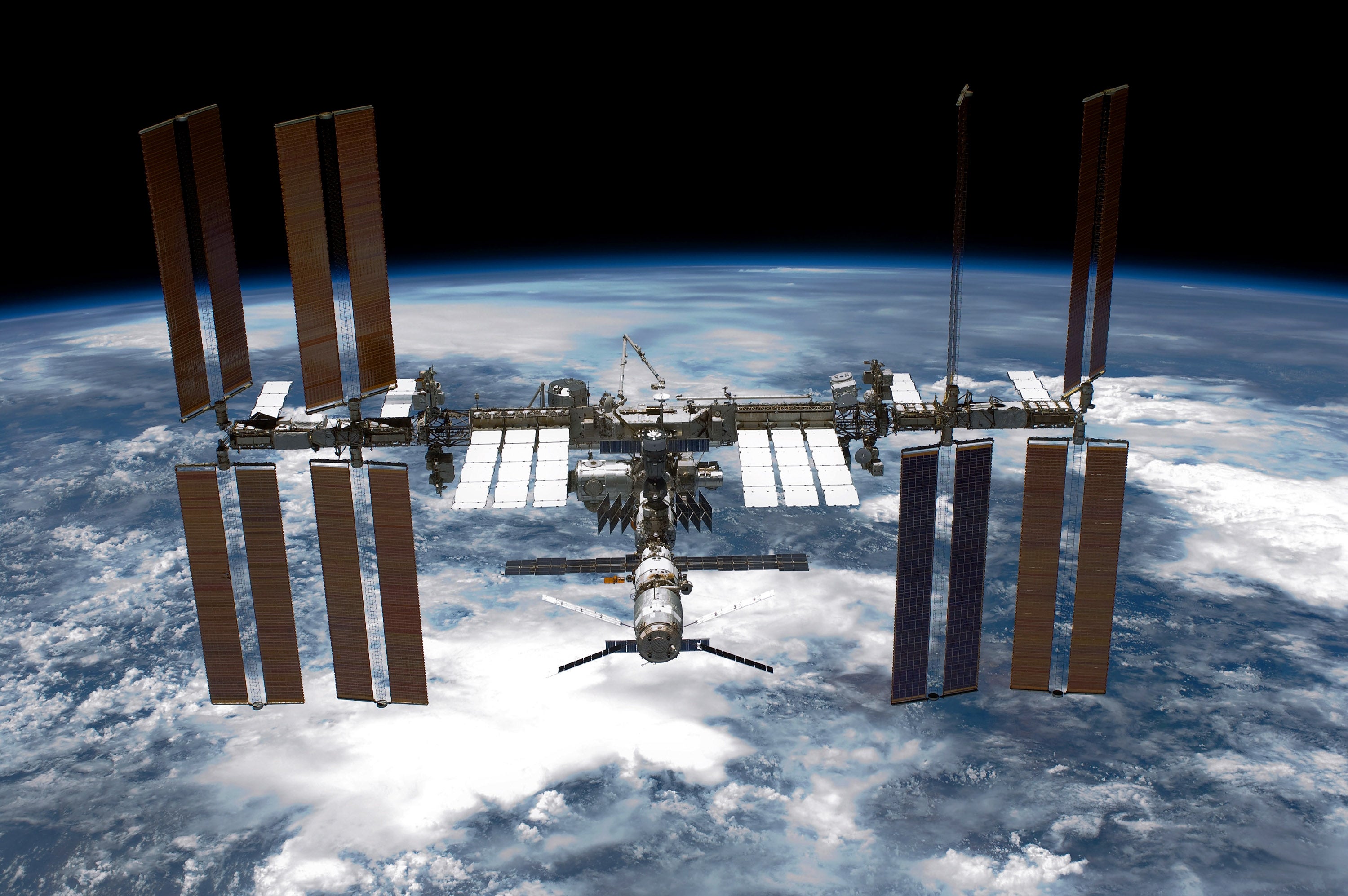Russia responds after debris from explosion caused emergency at International Space Station

Your support helps us to tell the story
From reproductive rights to climate change to Big Tech, The Independent is on the ground when the story is developing. Whether it's investigating the financials of Elon Musk's pro-Trump PAC or producing our latest documentary, 'The A Word', which shines a light on the American women fighting for reproductive rights, we know how important it is to parse out the facts from the messaging.
At such a critical moment in US history, we need reporters on the ground. Your donation allows us to keep sending journalists to speak to both sides of the story.
The Independent is trusted by Americans across the entire political spectrum. And unlike many other quality news outlets, we choose not to lock Americans out of our reporting and analysis with paywalls. We believe quality journalism should be available to everyone, paid for by those who can afford it.
Your support makes all the difference.Russia has responded after the US accused it of having endangered astronauts by triggering an explosion in space.
It said that it had conducted a test of an anti-satellite weapon, which involved destroying an old and long-defunct Soviet satellite. But it denied that the test had ever put anyone in danger.
It followed accusations from the US that the explosion had led to a vast debris field, with hundreds of thousands of pieces of satellite that could have collided with the International Space Station.
Amid fear over what might happen if that debris cloud collided with the floating lab, the crew – both US and Russian teams – had been forced to take shelter in their spacecraft in case of an emergency.
NATO Secretary-General Jens Stoltenberg said the test was reckless, posed a threat to the ISS and an orbiting Chinese spacecraft, and showed Russia was developing new weapons systems. A British government spokesperson condemned the test and urged Moscow to join discussions at the United Nations on “responsible behaviour when it comes to space.”
Russia’s Defence Ministry said the debris from the test had not posed a threat to the ISS, and that Washington knew this.
“The Russian Ministry of Defence successfully conducted a test on Nov. 15 that hit the non-operational Russian spacecraft Tselina-D, which had been in orbit since 1982,” it said in a statement.
It said the United States, China and India had conducted similar tests in the past.
Russia, it said, was being forced to beef up its defence capabilities because of what it said were weapons tests by the United States and Washington establishing a space force in 2020.
Moscow said it had called for years for an agreement to stop weapons being deployed in space, but that Washington and its allies had blocked the deal at the United Nations.
Officials from the U.S. space agency NASA will seek to discuss anti-satellite weapon testing on Wednesday during a trip to Moscow, Russia’s RIA news agency cited NASA’s head as saying on Tuesday.
Additional reporting by Reuters
Join our commenting forum
Join thought-provoking conversations, follow other Independent readers and see their replies
Comments